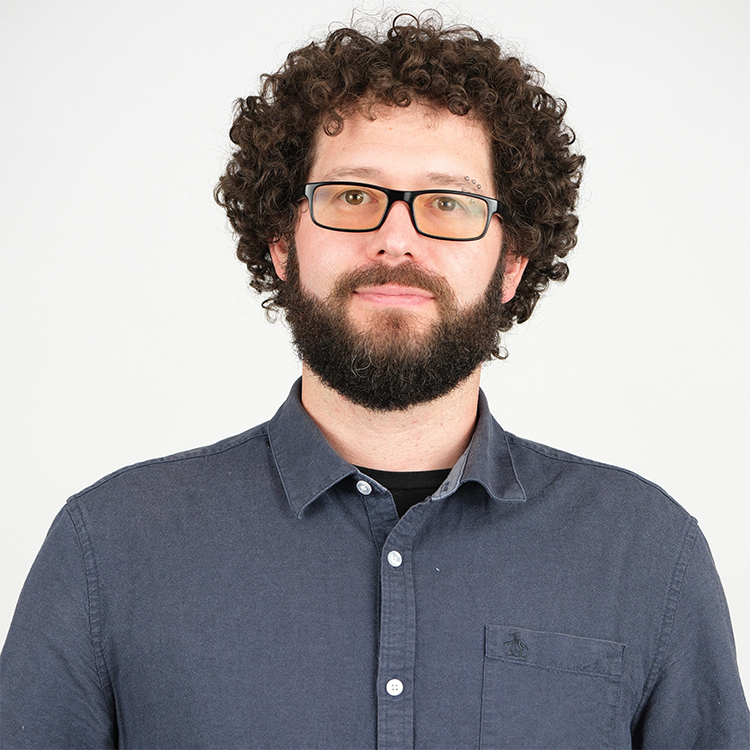Education
PhD. Philosophy, University of Utah
M.A. Philosophy, San Francisco State University
B.A. Philosophy, University of Wisconsin-Milwaukee
Courses Taught
- PHI 131: Sex and Death
- PHI 141: What Makes a Life Good
- PHI 261: Ethical Issues in Business
Research
Research Interests:
Chinese thought, Applied Ethics, Business Ethics, Philosophy of Social Science, Leadership Ethics
Research:
My research focuses on applied ethics, through an approach that brings together Chinese thought, social science, leadership character traits, and business ethics. In particular, I aim to develop an ethics-based non-Western leadership model informed by empirical work from social sciences. This work is motivated by looking at how multinational organizations operate across a variety of Western and non-Western contexts, often with a lack of sensitivity to non-Western views, but rarely has the actual practice of adapting to those non-Western contexts made it back into the theorizing about these matters in the English literature. Currently, Western leadership models tend to lack cross-cultural relevance or suffer from a lack of theoretical sophistication.
The primary goal of my research is to develop organizational leadership models that benefit from distinctive ideas in Chinese thought. The Confucian model I am developing has deep implications for a leader’s character in both business ethics and political philosophy. Specifically, I believe that Confucian organizational leadership approaches provide a way to build or maintain the organizational culture for certain types of institutions through community-focused leadership. In pursuing this project, I utilize the social sciences and other literature to refine this Confucian-inspired model and assess its applicability to modern organizations. The benefits of this research project are particularly salient in East Asia, where Confucianism has profoundly influenced not only China but also Korea and Japan. Furthermore, I seek to re-invigorate discussions of the importance of superior leadership, a topic that philosophers have largely neglected in recent decades.

